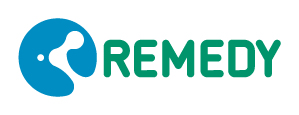Projects
Nothing about us without us? Ethics of research with underrepresented groups at the example of deaf people
Despite dynamic progress in the science, various social groups remain underrepresented in research and are beyond the reach of scientific actions. Deaf people are the example of such group. Barriers to the research participation cause serious ethical and methodical risks related to the engagement of deaf people into research.
Our aim is to address epistemic injustice faced by deaf people in research. We will conduct in-depth interviews with deaf people and Deaf studies experts on the topic of their research experiences. The results will inform an ethical analysis within the prof. Mor’s framework of “Nothing about us without us”. Proposed project may become a basis for establishing inclusive, socially sensitive recommendations for the engagement of deaf people in research.
Patient-centered? Bioethics of adaptive design in clinical trials
To speed up the drug development process and to create more participant-centered clinical trials, many new methodological and organizational accelerators are adapted. The traditional structure of clinical trials with human participants – 3 phases of trials before medicine’s registration and labeling – evolves. Adaptive methods of trials speed up the process of drug development but make the transparency of the process and results less clear. While lively theoretical discussions are taking place about the ethical challenges of adaptive trials design, there is very little systematic data on this issue.
The risk-benefit ratio, the number of participants required in adaptive and accelerated trials, transparency and the quality of reporting – these factors demand a systematic assessment that will be provided by the meta-research series planned in this project.
COMPLETED PROJECTS

